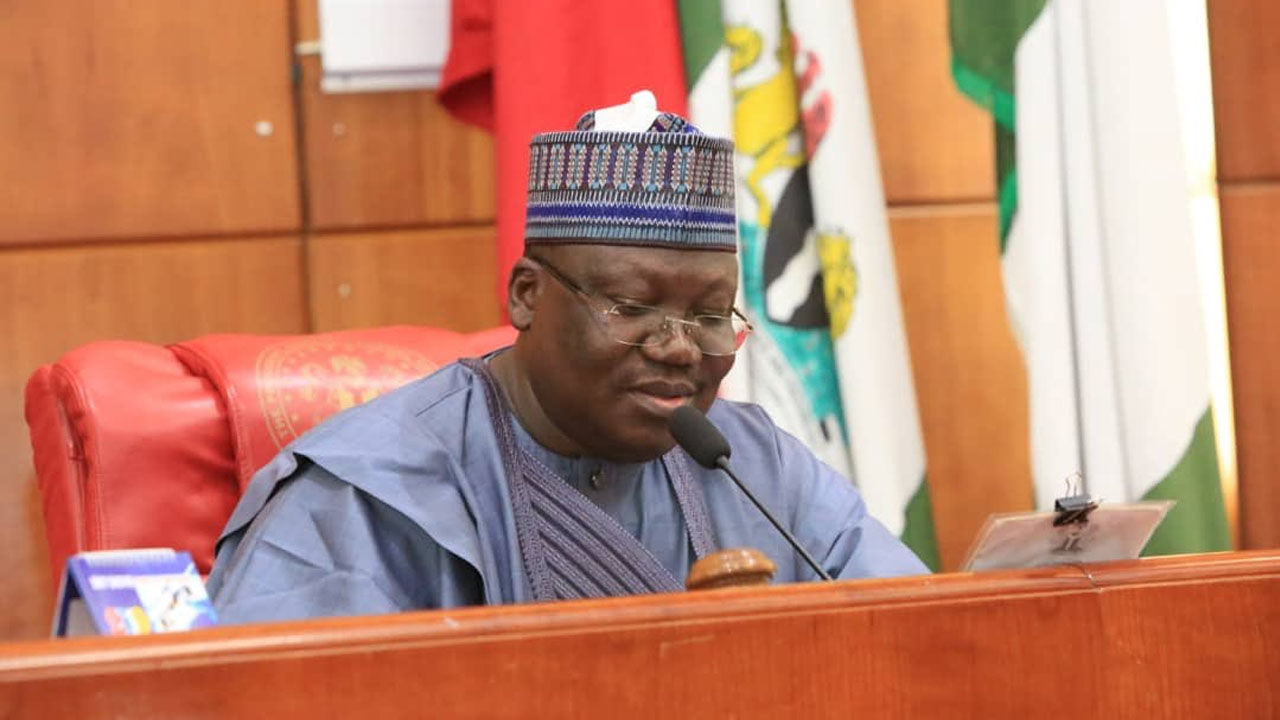Governor Douye Diri of Bayelsa State has said that projects undertaken by his administration were inspired by the level of under-development and decades of neglect suffered by people of his ljaw ethnic nationality.
Diri stated this on Friday during an inspection of ongoing projects in three local councils of the state. A statement by his spokesperson, Mr. Daniel Alabrah, said the projects inspected included the 630-metre Angiama-Oporoma link bridge, Oporoma Road, Otuan Road, Eniwari Road in Southern Ijaw Local Council; the Polaku/Sabagreia link bridge in Kolokuma/Opokuma Local Council as well as the 25,000-capacity stadium, Glory Drive Phase Three, nine-storey secretariat complex and Road One of the New Yenagoa City linking the Amassoma-Airport Road, all in Yenagoa Local Council.
The Bayelsa helmsman noted that as a former Ijaw activist, he had first-hand knowledge of the injustice and long neglect in Ijaw land. Diri said that now as governor, he was in a better position to frontally address some of the age-long development challenges of his people. His words: “Many do not understand where I am coming from. I was an Ijaw activist and so I am coming from a background of deprivation. The Ijaws are a people that had been deprived over the years and here I am having the opportunity to address some of these issues.
“So, l do not need anybody to tell me what to do because l was already aware of the level of deprivation in Ijaw land. This little opportunity that I have, I need to prove to our people that our government is taking the right steps in tackling these challenges. It is not enough to be shouting and criticising.”
At the Angiama-Oporoma bridge project handled by China Civil Engineering and Construction Corporation (CCECC), Diri said the government had met its contractual obligations by fully funding the project and commended the contractor for the progress achieved.
He said Oporoma, as headquarters of a strategic local council of Southern Ijaw, had remained inaccessible by road for over six decades, restating his administration’s commitment to break the jinx.
“This is a local government headquarters that has been inaccessible by road for over 60 years and it is a jinx we are poised to break. The quality and pace of work done speak to the competence of the construction company.
“On the part of government, we are keeping to our promises by not failing in terms of funding the projects.”
We are all happy – the contractor, government and indeed the beneficiaries, which are the people of this local government area.” At the new stadium site in Igbogene, Diri also expressed satisfaction with the quality of work, stating that the project was at the foundation stage of pilling and sand-filling.
“The foundation is the most important aspect of this project. If you do not get the foundation right, then everything will collapse, particularly in a terrain like ours. You need a very solid foundation.
“It follows that for a stadium project like this, you need to pile and do a lot of sand-filling. I am satisfied with what I have seen today. It is clear to me that even with the rains, work can still continue here,” the governor said.
On project variation, Diri explained that the government was not expecting additional cost as contracts awarded after the national economic downturn were based on current prices, expressing optimism that the infrastructure projects would be delivered within the stipulated time frame.
The governor was accompanied on the project inspection by leader of the state House of Assembly, Monday Obolo; the Deputy Chief of Staff, Government House, Mr. Irorodamie Komonibo; the Commissioner for Works and Infrastructure, Moses Teibowei, as well as Chairman, Directorate of Project Monitoring and Evaluation, Ebiye Tarabina, and other government officials.






